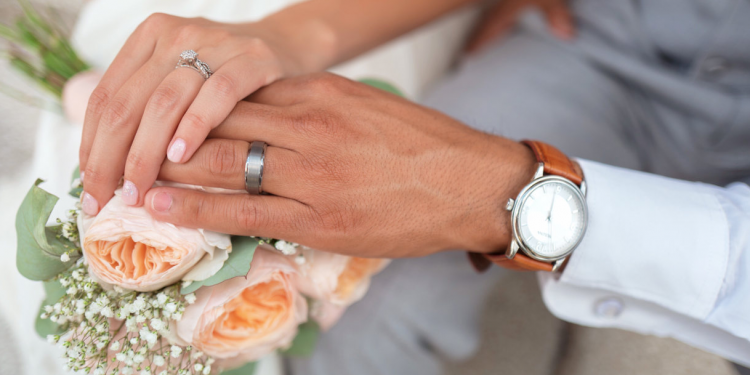Thirty-seven percent of Americans asked by Pew Research Center believes that intercultural marriage is good for society, and as per the Office for National Statistics, one in 10 people in Britain is married to or living with someone outside their ethnic group. Here's our tribute to differences that bond people.
By definition, intercultural describes effective communication, deep understanding, and respect among people from different cultures, who are willing to learn from each other. Intercultural marriage is the stepping stone to a new world that you maybe haven't had the chance to discover before — you listen to a different language, witness new customs, attend unknown celebrations, and taste unfamiliar food. Antony from South Africa, married to Diane from Netherlands, says: “My partner is a key that opens new doors, new perspectives, new ways of thinking and seeing the world.”
Intercultural marriage comes with a whole lot of benefits — you have at least two geographical options to settle down in, you travel more often for leisure, your children are bilingual, and you are more tolerant of others. Anne from Germany, married for the past two and a half years to Kevin from Mauritius, says: “Every nationality has certain attitudes, norms, standards, and customs. Being married to someone from a different nationality shows a different approach to various situations. Over time I learnt what I like about my own nationality and culture, and what I like about my partner's. We blend and mix and create our very own.”
But as any other type of partnership, intercultural marriage cannot be in the pink all days. Of course there are hardships and disagreements, and one cannot please everyone at all times. About the difficulties, Anne, who has settled in Mauritius, says: “From early dating stage, not being accepted in his family and him not being accepted in mine, and having to change in order to fit in has been worrying me. Now, I don't worry but I think how I will teach my culture to our child since he will be exposed to it very little.'' Communicating your worries, dilemmas and appreciation must be the number one priority for an intercultural couple, followed by a balance between the cultures — meet with both extended families as often as possible, speak both languages, socialise with people from your culture, as well as from your husband's culture.
Eleni from Greece is married to a British Jewish. She says: “What I love about our intercultural marriage is the love and passion for knowledge that we both have, stemming from our ancestors, our national history and mediterranean nature.” Intercultural marriages may attract attention for their differences, but at the end of the day, these people have come together for all the similarities they share — stand up comedy shows, skiing, jazz music, homebrewing, horror movies, adventure.
















